From Theory to Reality: Exploring the Feasibility of Blood Tests for Anxiety Disorders

Introduction
Overview of Blood Tests for Anxiety Disorders
Anxiety disorders, affecting millions globally, are often complex and challenging to diagnose. Currently, traditional methods primarily hinge on self-reported symptoms and clinical interviews, leaving room for subjective interpretation. However, emerging research proposes the possibility of blood tests serving as an objective biomarker for anxiety disorders. The idea is captivating; imagine a simple blood draw that could provide insights into your mental well-being. Research is exploring various blood markers that could indicate anxiety. These include:
- Cortisol levels: This stress hormone is often elevated in anxious individuals.
- Inflammatory markers: Studies show that inflammation may play a role in anxiety.
- Neurotransmitters: Certain compounds involved in brain signaling could hint at anxiety disorders.
With such tests, professionals could streamline the diagnostic process significantly.
Significance of Developing Blood Tests for Anxiety
The development of blood tests for anxiety holds immense significance for both patients and healthcare providers. It can:
- Enhance Diagnostic Accuracy: A blood test may provide concrete data to support clinical findings, leading to more accurate diagnoses.
- Facilitate Early Intervention: Identifying anxiety disorders early via biomarkers may open doors to timely treatment, ultimately improving patient outcomes.
- Reduce Stigma: Objective testing can help destigmatize mental health conditions, creating a feeling of legitimacy for those suffering from anxiety.
Imagine being able to walk into a doctor’s office and simply undergo a blood test to help pinpoint your anxiety. This advancement could revolutionize mental health treatment, creating a more compassionate and scientifically grounded approach to anxiety disorders.
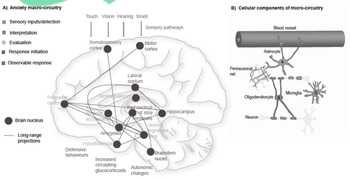
Understanding Anxiety Disorders
Types of Anxiety Disorders
Anxiety disorders encompass a variety of conditions that can deeply affect an individual’s daily life. Understanding the different types of anxiety disorders is essential for effective treatment. Here are the most common types:
- Generalized Anxiety Disorder (GAD): This pervasive form of anxiety is characterized by excessive, uncontrollable worry about various aspects of life, including work, health, and relationships.
- Panic Disorder: Involves recurring panic attacks—sudden episodes of intense fear or discomfort that often include heart palpitations, sweating, and a feeling of choking.
- Social Anxiety Disorder: This disorder triggers intense fear in social situations, leading individuals to avoid interactions that can interfere with their normal life.
- Specific Phobias: People have an irrational fear of specific objects or situations, like spiders or heights, which can lead them to avoid those triggers at all costs.
Each disorder has its unique symptoms and manifestations, making accurate diagnosis critical.
Current Diagnostic Methods for Anxiety
Currently, diagnosing anxiety disorders remains a nuanced process. Mental health professionals typically rely on:
- Clinical Interviews: Engaging patients in detailed discussions about their symptoms and behaviors.
- Self-Reported Questionnaires: These aids, like the Generalized Anxiety Disorder 7-item (GAD-7) scale, help quantify anxiety levels.
- Behavioral Assessments: Observing patients in different settings can offer additional insights into their anxiety triggers.
For example, a friend once shared her experience with an anxiety assessment. The process began with a questionnaire that felt overwhelming, but it ultimately led her to the right diagnosis and a tailored treatment plan. Understanding the complexities of anxiety disorders is the first step toward effective management and support.
Read also : 3 simple ways to stop negative thoughts
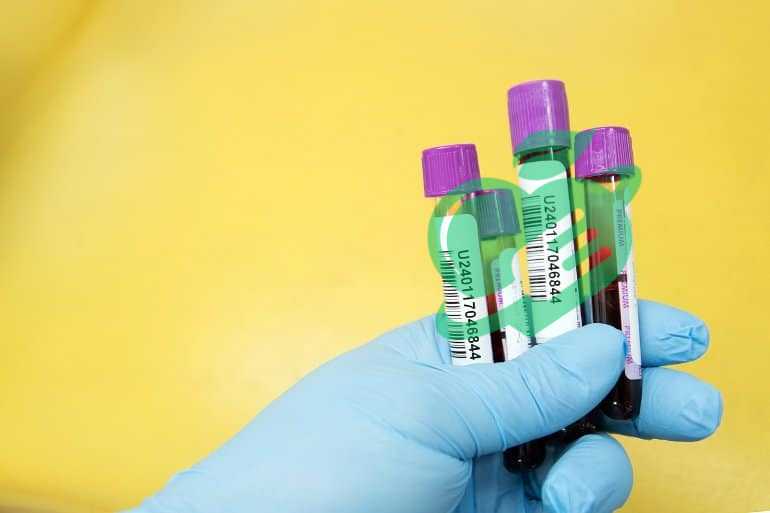
Feasibility of Blood Tests
Research and Studies on Blood Markers for Anxiety
The concept of using blood tests to diagnose anxiety disorders is still in its infancy, but recent studies show promising results. Researchers are investigating various biological markers that may provide insights into an individual’s mental health. Some key areas of focus include:
- Cytokines: These proteins are involved in inflammation and immune responses. Research suggests that elevated cytokine levels may correlate with anxiety severity.
- Hormonal Imbalances: Fluctuations in hormones, particularly cortisol, can indicate stress and anxiety. Studies have shown that high cortisol levels are often present in anxious individuals.
- Neurotransmitter Levels: Certain neurotransmitters, like serotonin and dopamine, could also serve as indicators for anxiety disorders.
A personal story from a researcher highlighted the excitement within the scientific community when they discovered these potential biomarkers. This ambitious research provides hope that a simple blood draw could one day lead to better anxiety diagnoses.
Challenges in Developing Blood Tests for Anxiety – Anxiety Disorders
Despite the intriguing progress, several challenges hinder the development of blood tests for anxiety. These challenges include:
- Complexity of Mental Health: Anxiety is multifaceted, often influenced by psychological, social, and biological factors, making it difficult to pinpoint a single marker.
- Variability Among Individuals: Each person’s biological makeup varies, which can affect the reliability of test results. What works for one individual may not translate to another.
- Stigma and Misinterpretation: There exists a risk that blood tests could oversimplify anxiety, reducing the intricate nuances of mental health to numbers.
Navigating these challenges will require collaboration among researchers, healthcare providers, and patients. Nevertheless, addressing these hurdles presents a significant opportunity to advance the field of mental health diagnostics and ultimately improve lives.
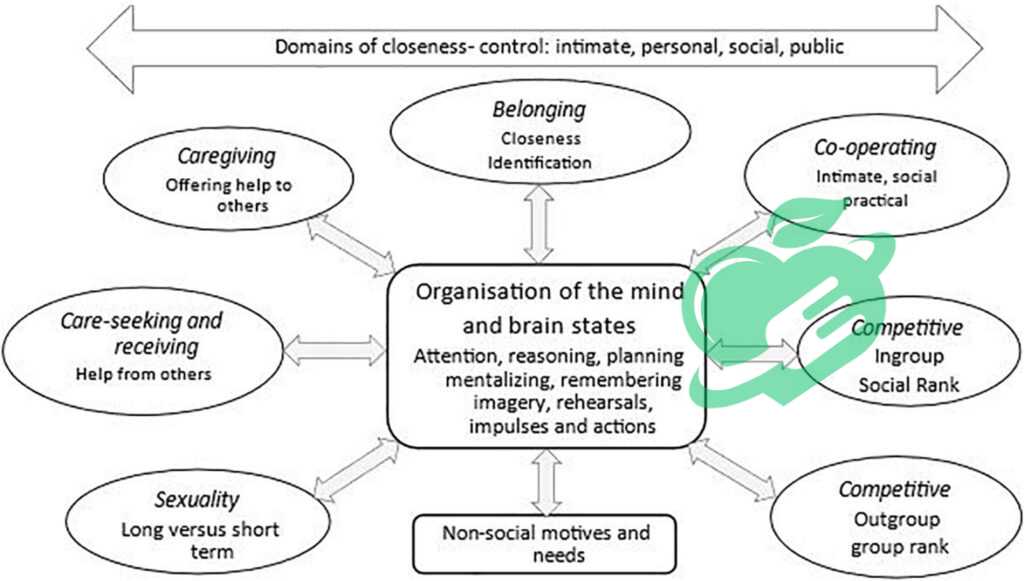
Potential Benefits of Blood Tests
Early Detection and Intervention
One of the most promising aspects of developing blood tests for anxiety disorders is the potential for early detection and intervention. Imagine waking up one morning feeling anxious only to realize that a simple blood test could provide clarity about your mental health. Early detection brings numerous benefits:
- Timely Treatment: With objective data in hand, healthcare providers can initiate treatment sooner, potentially preventing the escalation of anxiety symptoms.
- Informed Decision-Making: Patients can make more informed choices about their care, armed with biological evidence of their mental health status.
- Reduced Healthcare Costs: Early intervention could lead to fewer hospitalizations and less intensive treatments in the long run.
Read also : E. Coli Outbreak Update: Carrot Products Recalled
For instance, a friend of mine was able to address her anxiety early on after a routine health check-up revealed concerning stress hormone levels. This proactive approach made a world of difference for her mental well-being.
Personalized Treatment Options – Anxiety Disorders
Blood tests have the potential to pave the way for more personalized treatment plans tailored to an individual’s unique biological makeup. This could result in:
- Targeted Therapies: Treatments could be specifically designed based on blood markers that indicate how a person metabolizes certain medications.
- Monitoring Progress: Blood tests can track changes in biomarkers, helping healthcare providers assess treatment efficacy and make real-time adjustments.
- Empowerment of Patients: Patients might feel more empowered when their treatment plan is based on solid, quantifiable data rather than subjective symptoms alone.
The prospect of personalized treatment excites many in the mental health field. It reminds us that, as we further explore biological underpinnings, our approach to mental health may become as sophisticated as treatment for physical ailments, leading to better outcomes and enhanced quality of life for those struggling with anxiety disorders.
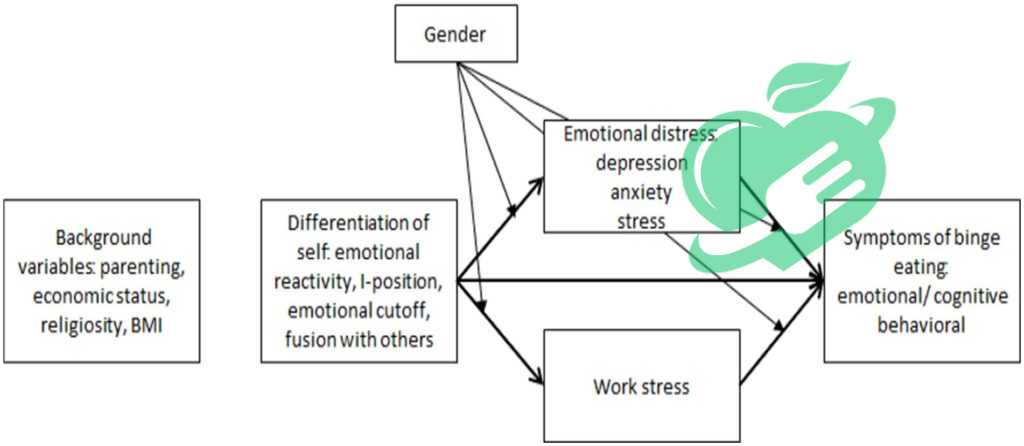
Ethical and Privacy Considerations
Patient Confidentiality in Blood Testing – Anxiety Disorders
As the idea of using blood tests for diagnosing anxiety disorders grows, so too does the need to protect patient confidentiality. This is crucial in maintaining trust between patients and healthcare providers. Consider these key steps to ensure confidentiality:
- Secure Data Handling: Personal health information must be stored securely, with strict protocols to prevent unauthorized access.
- Informed Consent: Patients should be informed about how their blood test results will be used, shared, and stored, allowing them to make educated choices about their care.
- Anonymization Practices: Where possible, using anonymized data in research and testing can further protect individual identities while still contributing to valuable studies.
A personal anecdote comes to mind: a relative shared her reluctance to undergo genetic testing for anxiety, fearing how the information might be handled and whether it could affect her insurance. Such concerns highlight the vital importance of clear policies and practices surrounding confidentiality in blood testing.
Ethical Implications of Using Blood Tests for Mental Health
The introduction of blood tests for mental health, while promising, raises several ethical concerns. It’s essential to navigate these carefully to avoid potential pitfalls:
- Reductionism: There’s a risk that mental health issues could be oversimplified to mere biomarkers, undermining the complexity of human emotions and experiences.
- Stigmatization: A potential stigma could arise if individuals feel labeled by their biological data, leading to societal misconceptions about anxiety disorders.
- Accessibility Issues: Not everyone may have equal access to testing, raising questions about equity in mental health care.
Addressing these ethical implications is paramount to ensure that the movement towards blood tests for anxiety enhances rather than diminishes the quality of mental health care. It creates an opportunity for ongoing dialogue about the balance between innovation and respect for individual rights, ultimately ensuring that advancements benefit all.
Read also : Unmasking Anxiety: Understanding and Overcoming Chest Symptoms
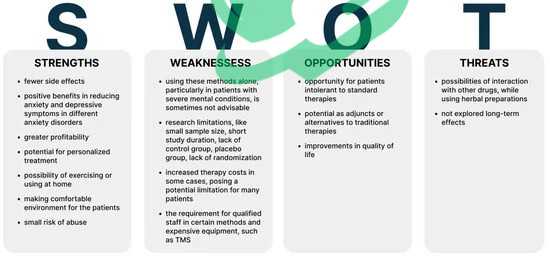
Future Prospects and Research Directions
Advancements in Blood Test Technology – Anxiety Disorders
As research on blood tests for anxiety disorders progresses, the technology behind these tests is also rapidly evolving. Innovations in the field hold promise for enhancing accuracy and efficiency. Some noteworthy advancements include:
- High-Throughput Screening: This allows for the simultaneous analysis of multiple biomarkers, potentially revealing a broader picture of an individual’s mental health.
- Genomic and Proteomic Approaches: Tailoring tests to assess genetic predispositions and protein levels can provide deeper insights into anxiety disorders.
- Point-of-Care Testing: New portable devices could allow for testing to be done in physicians’ offices rather than specialized labs, making the process more accessible and convenient.
A friend of mine, who is studying biomedical engineering, recently shared how they’re developing a compact device that could analyze blood samples in real-time. Imagine a world where a simple drop of blood could provide instant feedback on mental well-being—it’s an exciting thought!
Areas for Further Study in Blood Testing for Anxiety Disorders
While advancements are promising, several areas still require extensive research to fully harness the potential of blood tests in anxiety diagnosis and treatment:
- Longitudinal Studies: Research that follows individuals over time could help clarify how biomarkers change with therapy and lifestyle.
- Cultural Factors: Understanding how anxiety manifests across different demographics will ensure blood testing is applicable and relevant to diverse populations.
- Integration with Psychological Assessments: Combining biological data with traditional psychological evaluations could yield a more comprehensive understanding of anxiety disorders.
Continued exploration in these areas is not only essential for refining blood tests but also for ensuring that they complement existing diagnostic methods rather than replace them. As we look to the future, it’s clear that the intersection of technology and mental health holds exceptional promise for enhancing care and improving patient outcomes.




2 Comments